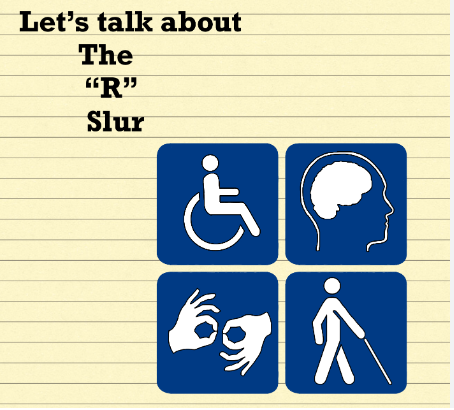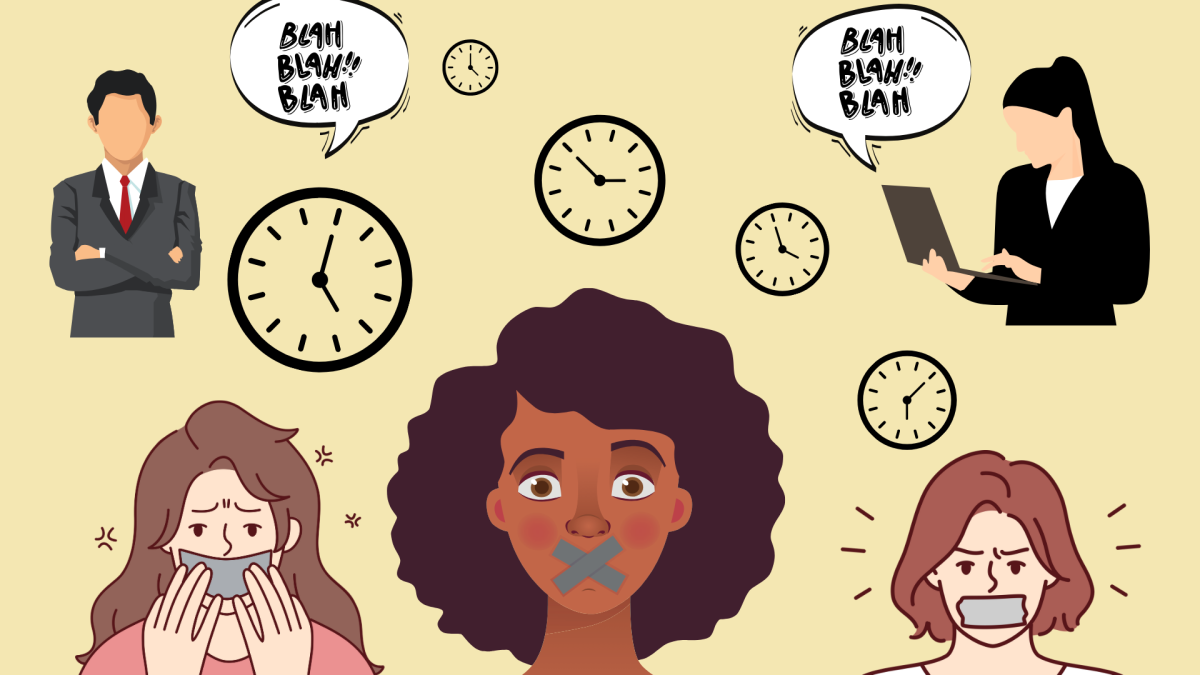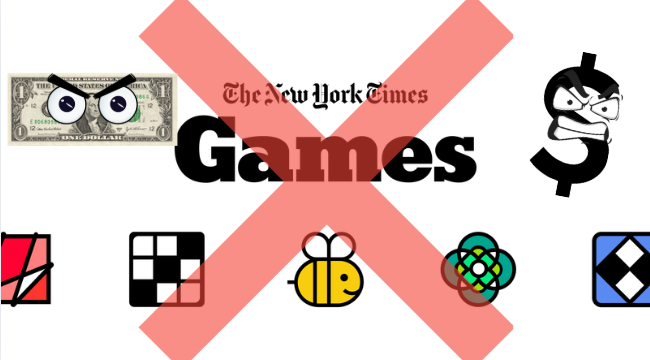
Recently, the R-word (R _ _ _ _ _ _ _) has seen an increase in use at Niles North. Students can hear it in the bathrooms, in the lunchroom, in casual conversation with friends. What they cannot hear is the real pain that this word causes their peers.
The R-word is a slur used to describe disabled people, in particular people with mental or learning disabilities. It implies that non-disabled people are the benchmark, the standard for what is “normal”–that anything else is freakish, inherently lesser than, a failure.
As described by the Special Olympics, the R-word comes from the phrase “mental r—–ation,” a medical term for those with intellectual disabilities, introduced in 1961. In the intervening years, it would become a part of common speech. Over time, though, greater attention has been paid to the R-word’s derivation, from a word meaning “delayed”–that is to say, slowed down intellectually–according to dictionary.com. This resulted in the 2010 passage of Rosa’s Law, which mandated the replacement of the phrase “mentally r—–ed” with “intellectually disabled” in government documents. But this insulting term remains in use in certain circles, of which Niles North is becoming one.
In truth, the difference between people with disabilities and people without them is like the difference between a rake and a shovel. A rake cannot successfully dig a hole, nor a shovel get rid of leaves–but who said they were supposed to? Rakes, shovels, disabled people and non-disabled people were all made a particular way. The point of them is not what others can do that they cannot, but what they can do–without comparisons. Anyone who is not prepared to know, support, and care about a disabled person should not factor into the equation.
It’s worth wondering what kind of culture we create, both by casually using the R-word, and by allowing others to get away with using it. Why would we choose to debase others for having disabilities–something they cannot control entirely, if at all? Naturally–and unfortunately–there are those who consciously discriminate against and mean to hurt those with intellectual disabilities, including by way of the R-word, at Niles North. But most Viking users of the R-word may simply not understand its history or effect.
Some may say that in using the R-word, they aren’t trying to insult people with disabilities–they just mean that something or someone is foolish. But your own thoughtlessness is your problem, not anyone else’s. Be intentional with what you say, because words can cut deeper than you might realize.
Pay more attention to the language you and those around you use. To start with, make sure to restrain yourself from saying the R-word. Use “people with disabilities” instead, if you need to talk about them.
Other people around you, however, may use the R-word, and you might not be sure how to respond. Take them aside and talk to them for a moment. Be gentle–try to say something to the effect of, “I’m sorry to bother you, but there’s this word I heard you say earlier. You may not realize it, but that’s actually very hurtful to people with disabilities.” Give them context–explain what the R-word means, and how casually using it degrades people with disabilities. Remember, the problem is not that other people are being hurt, but that you are being hurtful.
Finally, if people around you with disabilities hear the R-word and are hurt by it, be there for them. Let them know that you appreciate them, and that it does not matter if other people do not feel similarly.





















David Musicant • Mar 18, 2025 at 10:27 am
Once upon a time, not that long ago, “retarded” and “mentally retarded” weren’t stigmatized words. They were the only terms we had. I’m a little slow, and I’ve been called “retard” plenty of times. Now we know better. Some of us, anyway. But it wasn’t until 2008 that Massachusetts, the so-called “State of Awareness, made the following change:
The Massachusetts Department of Mental Retardation (DMR) was renamed the Department of Developmental Services (DDS) on June 30, 2008.
It seems where living in an age where insults, slurs, demonization and verbal abuse are becoming normalized. The fact is, there are lots of awful, repulsive words that we’d all prefer not to hear ever again, including “retard”.
As far as correcting people, having a quiet word, I say let people express themselves however they like. Just make a mental note of who’s nice, and who’s not, and deal with them accordingly. If certain people want to knowingly use offensive, deragatory terms, then everyone will see what insensitive, thoughtless fools they are and can decide to have little, or nothing to do with them. What goes around, comes around.
Cynthia Fey • Dec 20, 2023 at 2:50 pm
Thank you for the rake and shovel analogy! How insightful! I will use this and give attribution to North Star News.